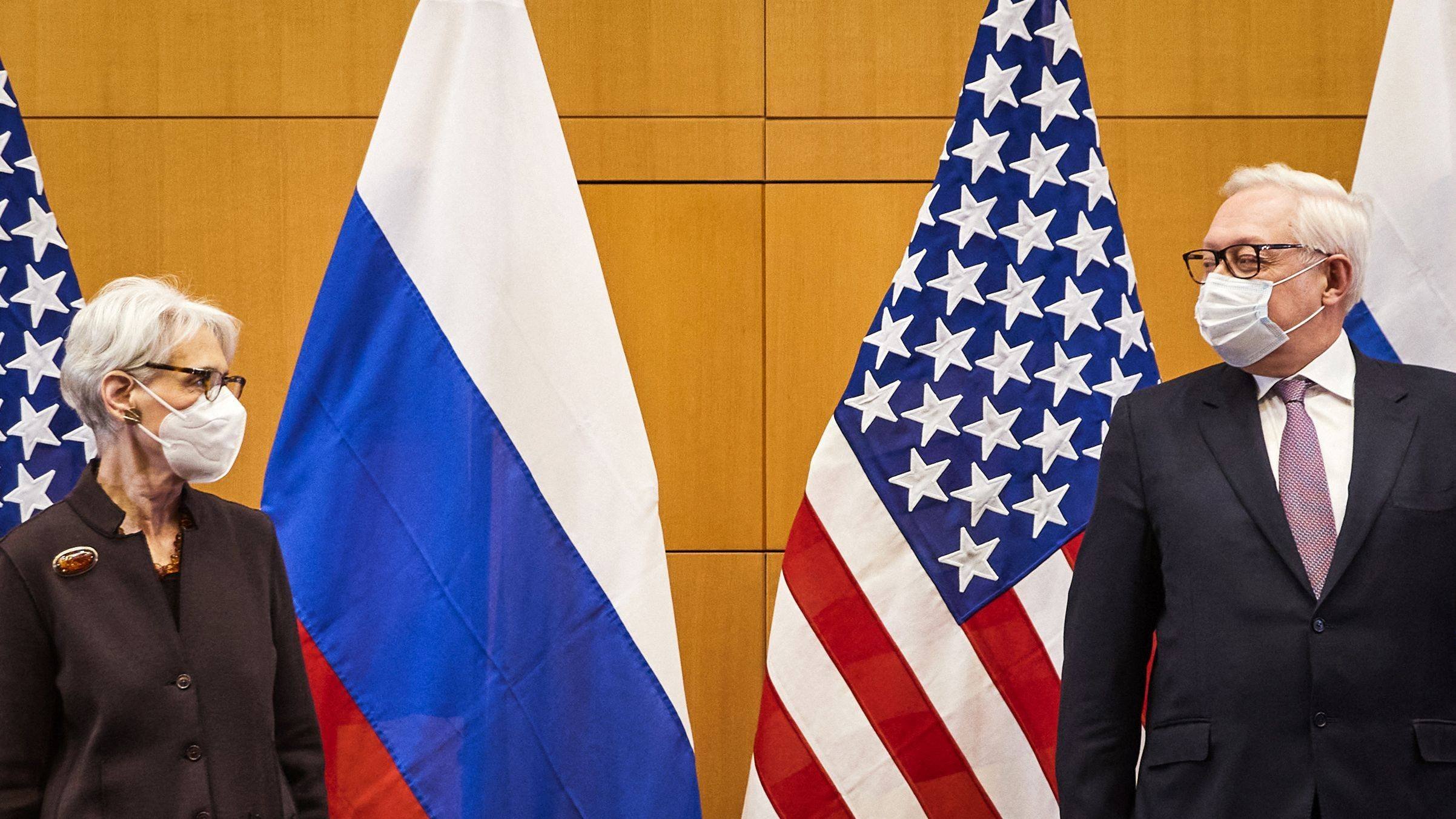Talks between the U.S.-led NATO delegation and that of the Russian Federation began yesterday, and were “long, very professional,” and “difficult”.
Those were the words of the Kremlin’s Sergei Ryabkov, her Deputy Foreign Minister, who has arrived in Geneva in the middle, at least rhetorically, of the highest tensions between Russia and NATO since the Cold War.
It should not be understated that world leaders on both sides are now almost weekly referring to “conflict, “red lines,” and “nuclear war,” at a time when only 1 of the 5 nuclear arms control agreements still stand between the old enemies.
With now-unfounded reports of an imminent Russian invasion of Ukraine, nuclear weapons almost moving into a state on the Russian border, and the Secretary General of NATO Jens Stoltenberg threatening “a new armed conflict in Europe” if Russia attempts to act on what they feel to be an encroachment of their national security, Ryabkov comes to Geneva with strong demands, which some see as a victory, others as a waste of time, and further still: a proposal meant to be shot down, offering a false pretense for war.
“The very fact of these meetings is a victory for Russia, and it is very sad that a crisis is needed to hold them, which, if continued, really threatens to escalate into a military conflict,” Nikolay Sokov, a Senior Fellow at the Vienna Center for Disarmament and Non-Proliferation, told the newspaper Izvestia.
Rick Rozoff, an expert in NATO-Russian relations and their history, sees them as equally symbolic.
“Under the best of circumstances at least from the Russian perspective such talks would be an exercise in futility and humiliation,” Rozoff told WaL. “I don’t understand what the rationale is for Russia to engage in talks between NATO and the United States at all given relentless insults, barbs, threats, ultimatums that have been issuing from Blinken…from Stoltenberg with NATO and… Josep Borrell”.
If they are a victory, it will be a hollow one, as talks yielded little on their first day.
PICTURED ABOVE: Deputy Secretary of State Wendy Sherman and Deputy Russian Foreign Minister Sergei Ryabkov at the talks. PC: Denis Balibouse. AFP. Fair Use.
If you think the stories you’ve just read were worth a few dollars, consider donating here to our modest $500-a-year administration costs.




